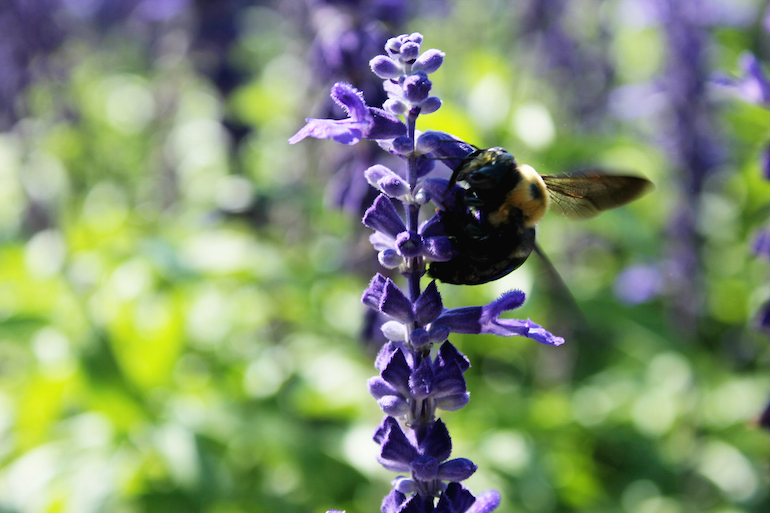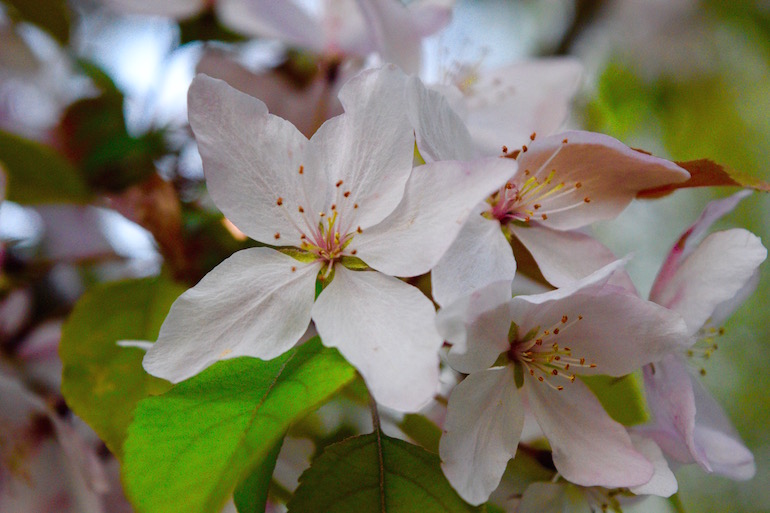For the past decade, the honey bee population has been in a rapid decline. I’m willing to assume that this information isn’t a surprise for many people. But, if it is a surprise for you, learn more in this article to find out why we need to be helping the bees right now. Raising awareness about this severe ecological disaster is the first step, and taking action is the next one. Honey Nut Cheerios is doing both.

Photo by Cassandra Bauer
About 70 out of the top 100 human food crops – which supply about 90% of the world’s nutrition – are pollinated by bees. This proves just how much we rely on them. In 2015, bees had only a 42 percent hive mortality rate. Clearly, they need our help.
“If we take bees out of our food system, so many of the foods that we rely on for nutrition will start to disappear out of our diet,” said Jessa Kay Cruz from The Xerces Society.
Honey Nut Cheerios has made a commitment that by the end of 2020, oat farms that supply oats for Honey Nut Cheerios will host 3,300 total acres of dedicated pollinator habitats across 60,000 acres of land. In other words, this means that they will be providing the acreage of about 3,000 football fields full of essential food sources and homes for North American bees and other pollinators.
“Pollinator habitats are one of the most effective solutions in ensuring bees get the daily nutrition they need,” said Dr. Marla Spivak from the University of Minnesota Bee Lab and Farm.
Honey Nut Cheerios and General Mills have contributed to help research and restore pollinator-friendly habitats for bees and other pollinators. They’ve realized that #WeNeedTheBees and hopefully you’re starting to realize it too.

Photo by Linzie Gienau
Conservationists recommend that the best way to support bees is by planting wildflowers native to your own region. If you’re not sure what wildflowers are native to where you live, you can easily find out at The Xerces Society. Pollinators need plenty of nectar in order to stay healthy and happy, so the best thing you can do to help the cause is go out and start planting. The bees will thank you for it and so will future generations.

